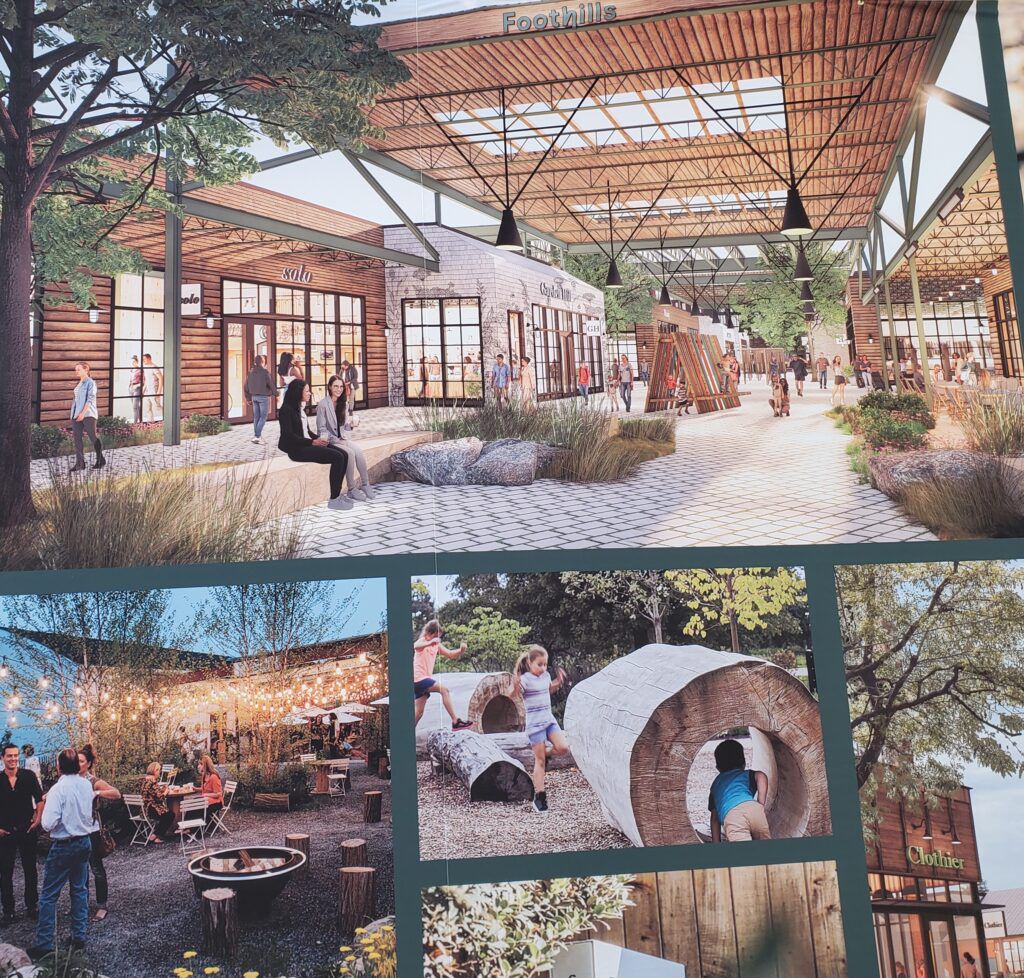NoCo Real Estate Summit: Commercial, residential real estate continues to ride the tailwinds
FORT COLLINS — Both residential and commercial markets in Northern Colorado are robust, the experts say, despite the headwinds of higher interest rates, a potential recession and changes in how Americans work.
Leading off the 2023 Northern Colorado Real Estate Summit Wednesday in Fort Collins, Dennis Schick, owner of Re/Max Alliance, and Ryan Schaefer, CEO of commercial broker NAI Affinity, provided mostly positive forecasts for the remainder of the year in their industries.
Residential
Schick reviewed the past several years in the residential market — which experienced upheaval but growth during the pandemic and a dip starting last year as interest rates ticked up.
Longmont and Johnstown were among the communities topping the charts for sales over the past couple of years. Median prices are rising but not at the previous rate of growth, he said.
The population continues to grow, with Weld County forecast to grow to 610,000 people by 2050 and Larimer County falling behind Weld with an estimated 495,000 people by 2050. In either case, that means more homes will be needed, Schick said.
His forecast:
- Inventories will remain low, but the number of potential buyers is also down because of interest rates. Homeowners with properties “are reluctant to give up their 2½% mortgage rates,” he said.
- Builders are not keeping up with demand, even though newly built homes are selling a bit slower than in 2021 and 2022.
- Home appreciation “will be flat or see a slight increase,” he said.
- Inflation will taper off.
- If a recession happens, it will be “like a slowdown” instead of a full-fledged recession.
- “We’re seeing a normalization of the market. We won’t see the rushes like we saw before.”
He attempted to capture the mood of homeowners and buyers. “In 2020, the home was seen as a ‘nest’” as people made their homes safe during the pandemic. “In 2022, the home is seen as a symbol of their success,” he said.
Still, 75% of the people who bought houses since 2020 express buyers remorse, he said, which means there could be increased sales activity as people attempt to correct their situations.
Commercial
Schaefer said the commercial market in Northern Colorado remains “better than most.”
Short-term interest rates, which jumped from 3% to 7.5% in a short period of time, affected construction loans and likely caused some projects to be delayed. If developers can endure the rates on construction loans, the long-term interest rates remain manageable at about 3.5%. “These rates are leveling off long term, and that’s important,” Schaefer said.
Performance within segments of the commercial market remains somewhat unchanged from a year prior.
Retail commercial properties “have recovered fairly well” and have “right-sized,” he said, with supply and demand in balance. Fort Collins retail has completely recovered from the pandemic, and Greeley has almost recovered. Overall along the Front Range, construction of new retail is low.
The office market is the segment in most distress, like it has been since the pandemic forced many office workers to move home. Nationwide, the return-to-office rate has been about 50%, he said, but in government centers such as Washington, D.C., the return-to-office rate has been about 5%, he said. “We’re in the early stages of a market correction,” he said.
Northern Colorado, however, doesn’t have a lot of large corporate offices, so its vacancy rates have been lower than what they are in places such as Denver.
Larimer office vacancies are at 5.7% and Weld’s vacancy rates are at 7.6%, compared with 15.4% in Denver.
Still, commercial landlords are seeing 3% rental rate growth in NoCo, he said.
The bright spot in commercial real estate, like last year, has been industrial and warehouse uses. Industrial rental rates are growing 4% in Weld County and 6% in Larimer, Schaefer said. “We’re absorbing everything that’s been built,” he said.
By comparison, and taking the large, under-construction Amazon distribution center in Loveland out of the equation, industrial “is seeing five times more demand than office and retail,” he said.
Source: BizWest


